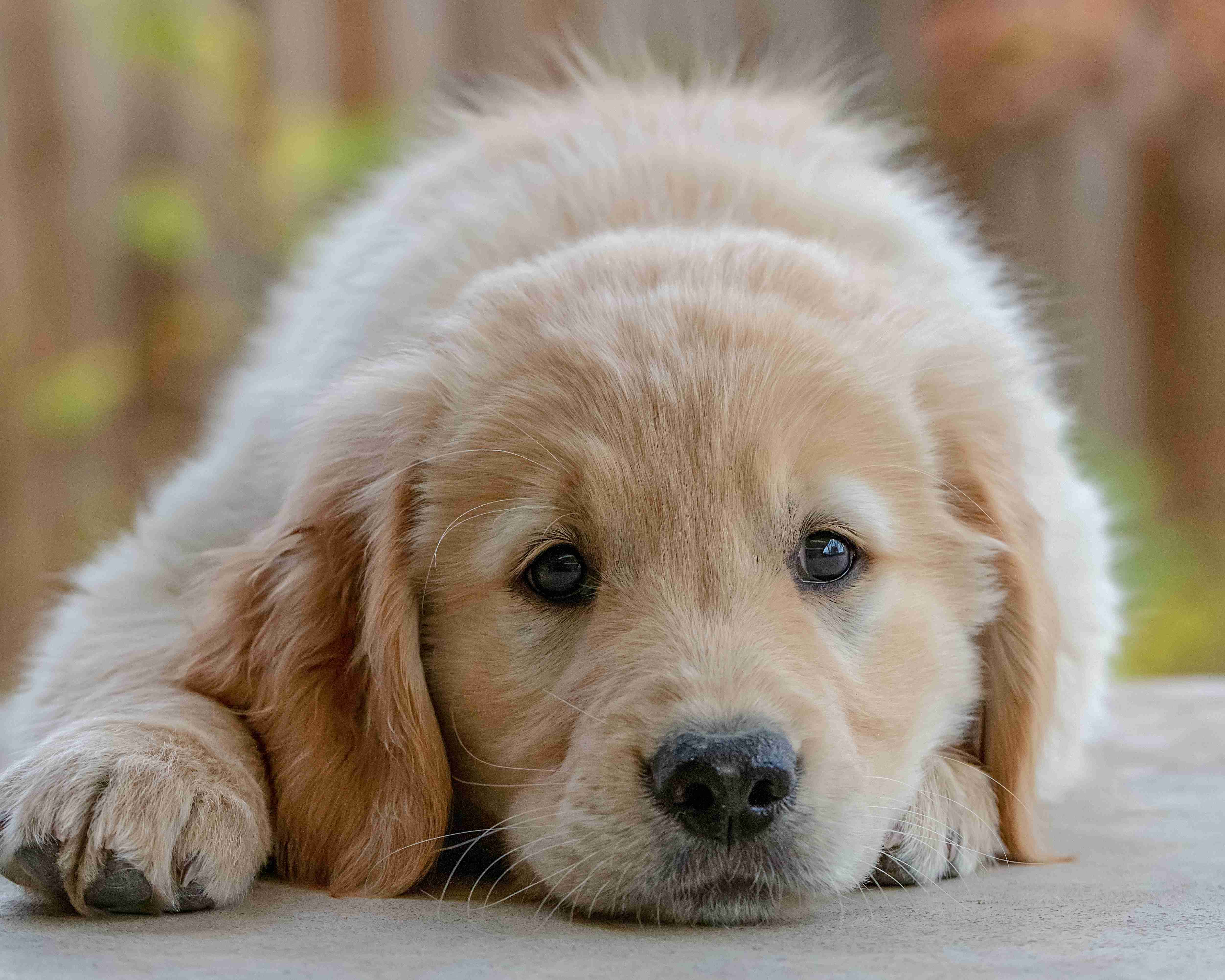Border collies are known for their intelligence, athleticism, and their eagerness to please their owners. These dogs are great companions for those who lead an active lifestyle and are looking for a loyal and loving friend. However, like any other breed, border collies require proper socialization to become well-adjusted and confident adults. In this blog post, we will explore the importance of socialization for border collie puppies and provide you with a guide to raising a well-adjusted companion. Whether you’re a first-time dog owner or an experienced one, this guide will help you create a happy and harmonious relationship with your furry friend.
Border Collie Puppy Socialization: A Guide to Raising a Well-Adjusted Companion
Border Collies are one of the most intelligent and trainable breeds out there. They are known for their incredible work ethic, energy, and loyalty. If you are considering bringing a Border Collie puppy into your home, it’s important to understand the importance of socialization. Socializing your puppy is crucial to raising a well-adjusted companion that will be a joy to be around. Here’s everything you need to know about Border Collie puppy socialization.
What is socialization?
Socialization is the process of exposing your puppy to new people, animals, and environments in a positive and controlled way. This helps your puppy learn how to interact with the world around them, and teaches them how to adapt to new situations. Socialization is crucial during the first few months of your puppy’s life, as this is when they are most receptive to new experiences.
Why is socialization important for a Border Collie puppy?
Border Collies are a highly intelligent breed, and they require a lot of mental and physical stimulation to be happy and healthy. Socialization is a key part of this stimulation, as it helps your puppy learn how to interact with other dogs, animals, and people. Without proper socialization, your Border Collie puppy may become fearful or aggressive towards others, which can lead to behavioural problems down the line.
Additionally, Border Collies are a herding breed, which means they have a strong instinct to chase and herd other animals. Socialization can help teach your puppy how to control this instinct, and prevent them from chasing or potentially harming other animals.
When should socialization start?
Socialization should start as early as possible, ideally around 3-4 weeks of age. During this time, your puppy’s brain is developing rapidly, and they are most receptive to new experiences. However, socialization should continue throughout your puppy’s first year of life, as they will continue to learn and develop during this time.
How to socialize your Border Collie puppy
The key to socializing your Border Collie puppy is to expose them to a variety of people, animals, and environments in a positive and controlled way. Here are some tips for socializing your puppy:
1. Start small: Begin by exposing your puppy to familiar people and environments first, such as your family members and your home. Once your puppy is comfortable in these settings, you can gradually introduce them to new people and environments.
 - Copy.jpg)
2. Use positive reinforcement: Reward your puppy with treats and praise when they interact with new people and animals in a positive way. This will help them associate new experiences with positive outcomes.
3. Be consistent: Socialization should be a regular part of your puppy’s routine. Try to expose them to new experiences on a daily basis, and make sure to continue this throughout their first year of life.
4. Gradually increase exposure: As your puppy becomes more comfortable with new experiences, you can gradually increase the level of exposure. For example, you might start by introducing your puppy to one new person at a time, and then gradually increase this to larger groups of people.
5. Seek professional help if needed: If your puppy is particularly fearful or aggressive towards others, it may be necessary to seek professional help from a dog trainer or behaviourist.
Socialization checklist
Here are some key areas to focus on when socializing your Border Collie puppy:
– People: Introduce your puppy to a variety of people, including men, women, children, and people of different ethnicities.
– Animals: Socialize your puppy with other dogs, cats, and other animals they may encounter in their daily life.
– Environments: Expose your puppy to a variety of environments, including parks, beaches, busy streets, and other places they may encounter.
– Sounds: Get your puppy used to different sounds, such as loud noises, traffic, and the sound of other animals.
Conclusion
Socializing your Border Collie puppy is crucial to raising a well-adjusted companion that will be a joy to be around. By exposing your puppy to new experiences in a positive and controlled way, you can help them develop into a confident and well-behaved adult dog. Remember to start socializing your puppy early, and to be consistent throughout their first year of life. With patience and dedication, you can raise a happy and healthy Border Collie that will be a loyal companion for years to come.
In conclusion, socializing your Border Collie puppy is crucial for raising a well-adjusted and happy companion. By exposing your puppy to a variety of people, animals, and environments in a positive and controlled manner, you can help them develop confidence, resilience, and good behavior. Remember to be patient, consistent, and supportive throughout the socialization process, and seek professional help if you encounter any issues or challenges. With proper socialization, your Border Collie puppy can grow up to be a loyal, affectionate, and well-rounded companion for years to come.


%20-%20Copy.jpg)
.jpg)
.jpg)

%20-%20Copy.jpg)
%20-%20Copy.jpg)
%20-%20Copy%20-%20Copy.png)